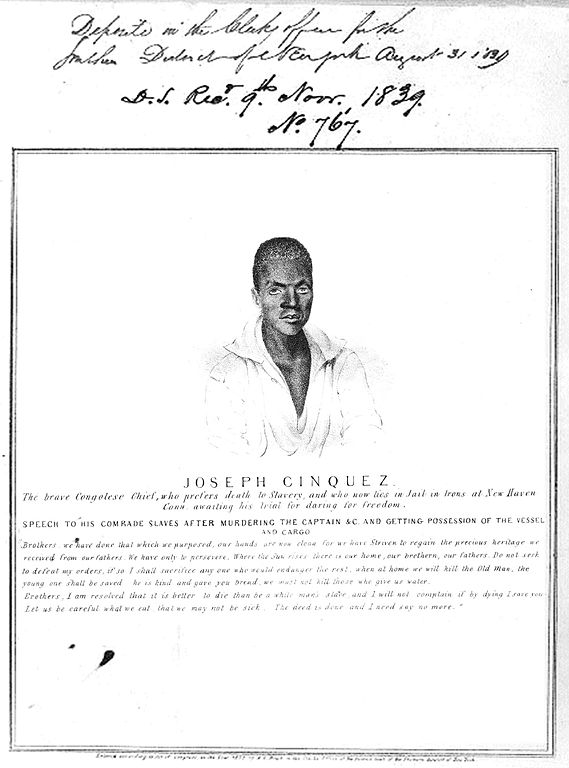
Today in Labor History March 9, 1841: The U.S. Supreme Court issued a ruling that freed the remaining 35 survivors of the Amistad mutiny. In 1839, Portuguese slave traders had illegally transported 52 Mende people from west Africa to Cuba, on the Amistad, in violation of European treaties against the slave trade. Joseph Cinque led his fellow captive Africans in a mutiny, killing the cook and captain, and forcing the remaining crew to return them to Africa. The crew tricked them and sailed up the Atlantic coast. The U.S. Navy, which captured the ship near Montauk, Long Island. President Martin Van Buren wanted to send the prisoners back to Spanish authorities in Cuba to stand trial for mutiny. However, the Court recognized the mutineers’ rights as free citizens. Abolitionists raised funds for the mutineers’ defense. Former President John Quincy Adams represented them in court.
1870s
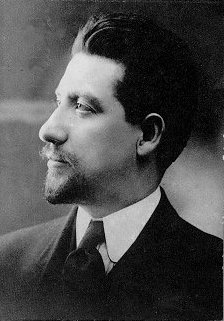
Today in Labor History March 9, 1879: Anarchist militant and IWW organizer, Carlo Tresca, was born. Tresca was an outspoken opponent of fascism in Germany and Italy and of Soviet Communism. Tresca was one of the main organizers of the Patterson Silk Strike. He was murdered by an unknown assailant, presumably a fascist or the Mafia. He was assassinated in 1943. Some believe the Soviets killed him in retaliation for his criticism of Stalin. The most recent research suggests it was the Bonanno crime family, in response to his criticism of the mafia and Mussolini.
1900s
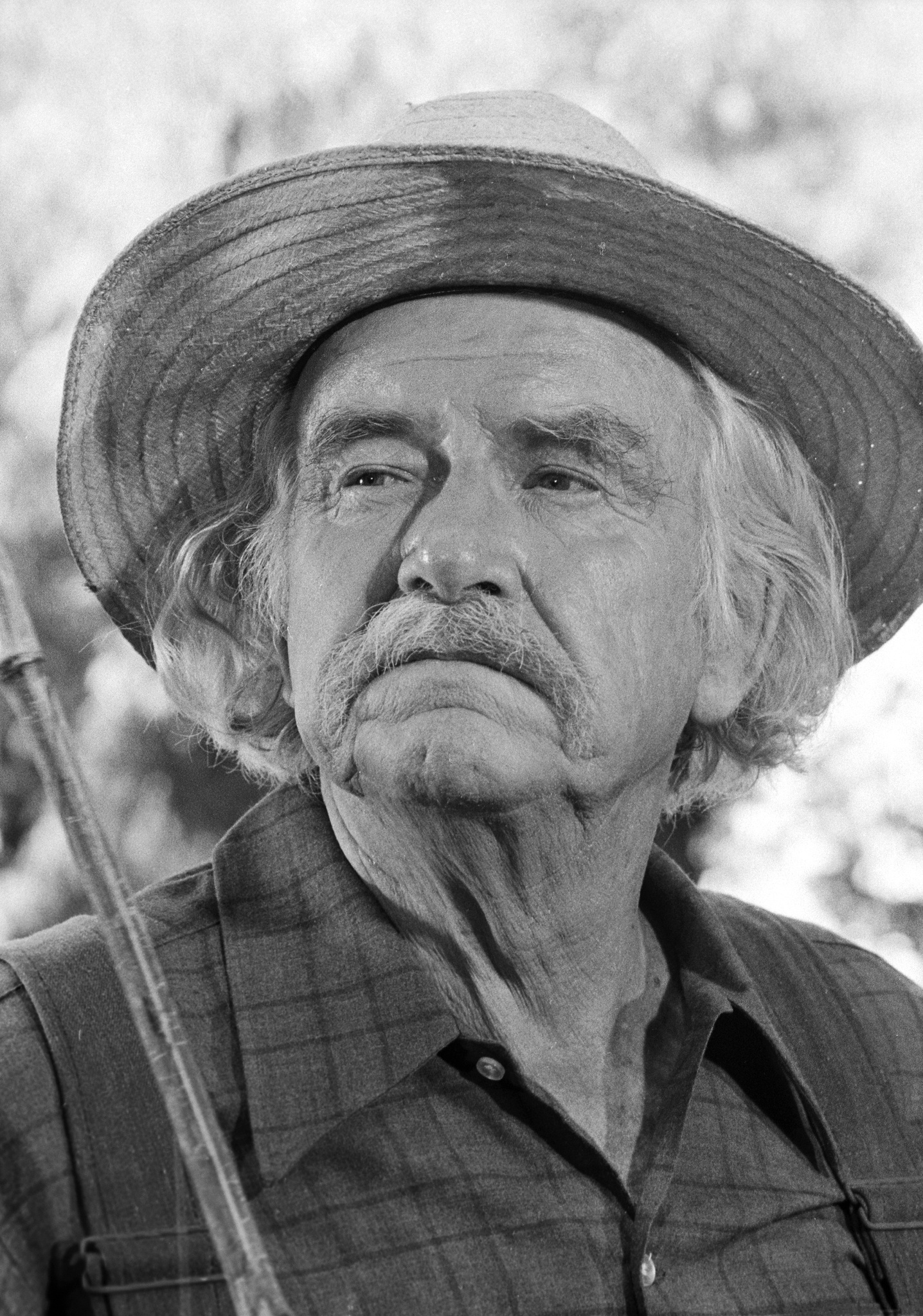
Today in Labor History March 9, 1902: Actor Will Geer was born. Best known for his role as Grandpa Walton, Geer also appeared in the groundbreaking film, “Salt of the Earth,” which portrayed the struggle of Mexican American workers at the Empire Zinc Mine. Because of his activism on labor and political issues, he was blacklisted in Hollywood for many years. In 1934, he became a member of the Communist Party. He also met LGBTQ activist Harry Hay that year and they became lovers. Together, they supported the San Francisco General Strike and demonstrated against fascism and for workers’ rights.
1910s
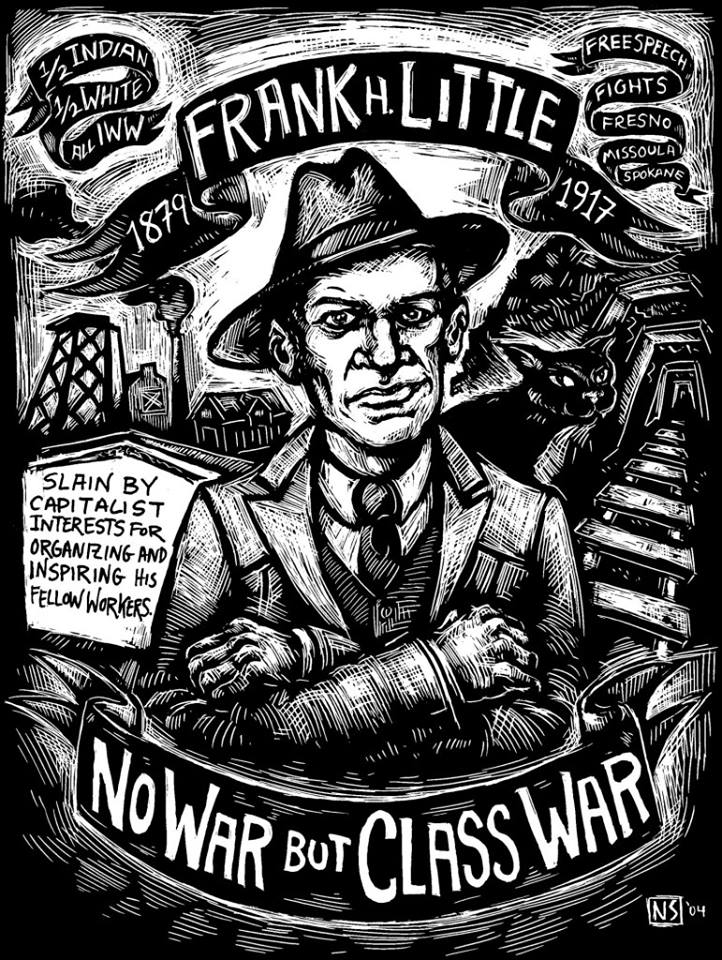
Today in Labor History March 9, 1911: Frank Little and other IWW free-speech fighters were released from jail in Fresno, California. A few years later, vigilantes working for Montana mine owners murdered Little. On August 1, 1917, vigilantes broke into the boarding house where he was staying. They dragged him through the streets while tied to the back of a car and then hanged him from a railroad trestle.
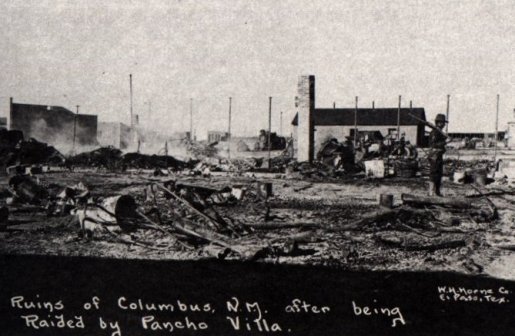
Today in Labor History March 9, 1916: Pancho Villa led nearly 500 Mexican rebels in an attack against the U.S. border town of Columbus, New Mexico. It developed into a full-on battle between U.S. troops and Villista revolutionaries. Villa led the assault himself. It angered President Woodrow Wilson so thoroughly that he sent U.S. troops into Mexico, but failed to capture Villa.
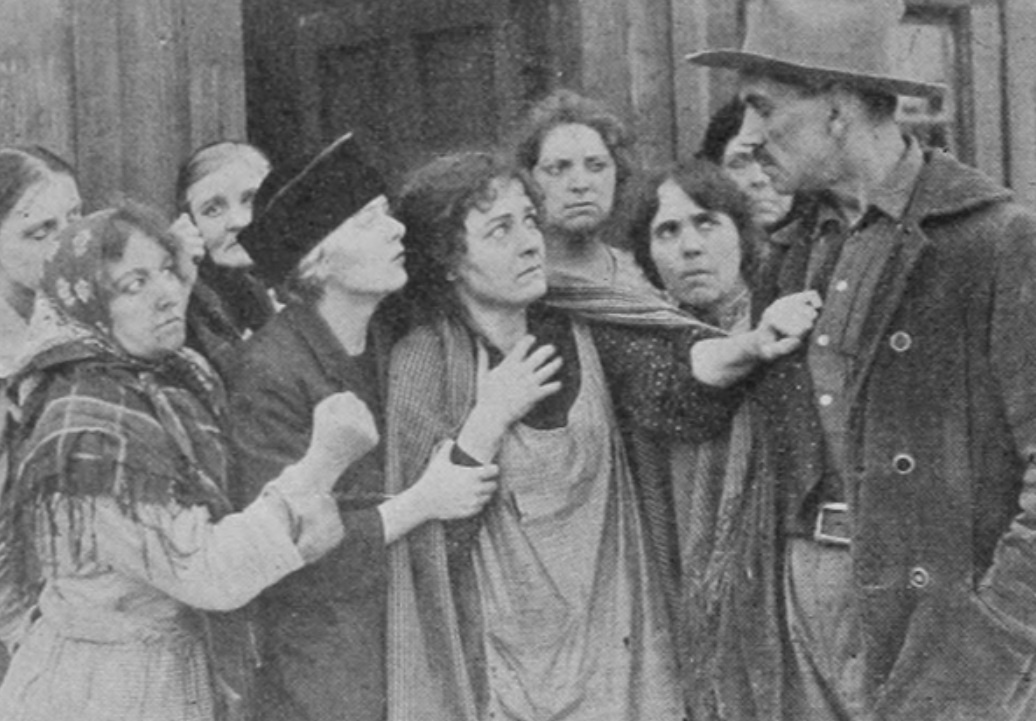
Today in Labor History March 9, 1919: An overflow crowd of Twin Cities residents attended a showing of “The Blacklist.” The film depicted the massacre of miners and their families in Ludlow, Colorado, that had occurred 5 yrs earlier.
Pingback: Today in Labor History March 14 - Michael Dunn